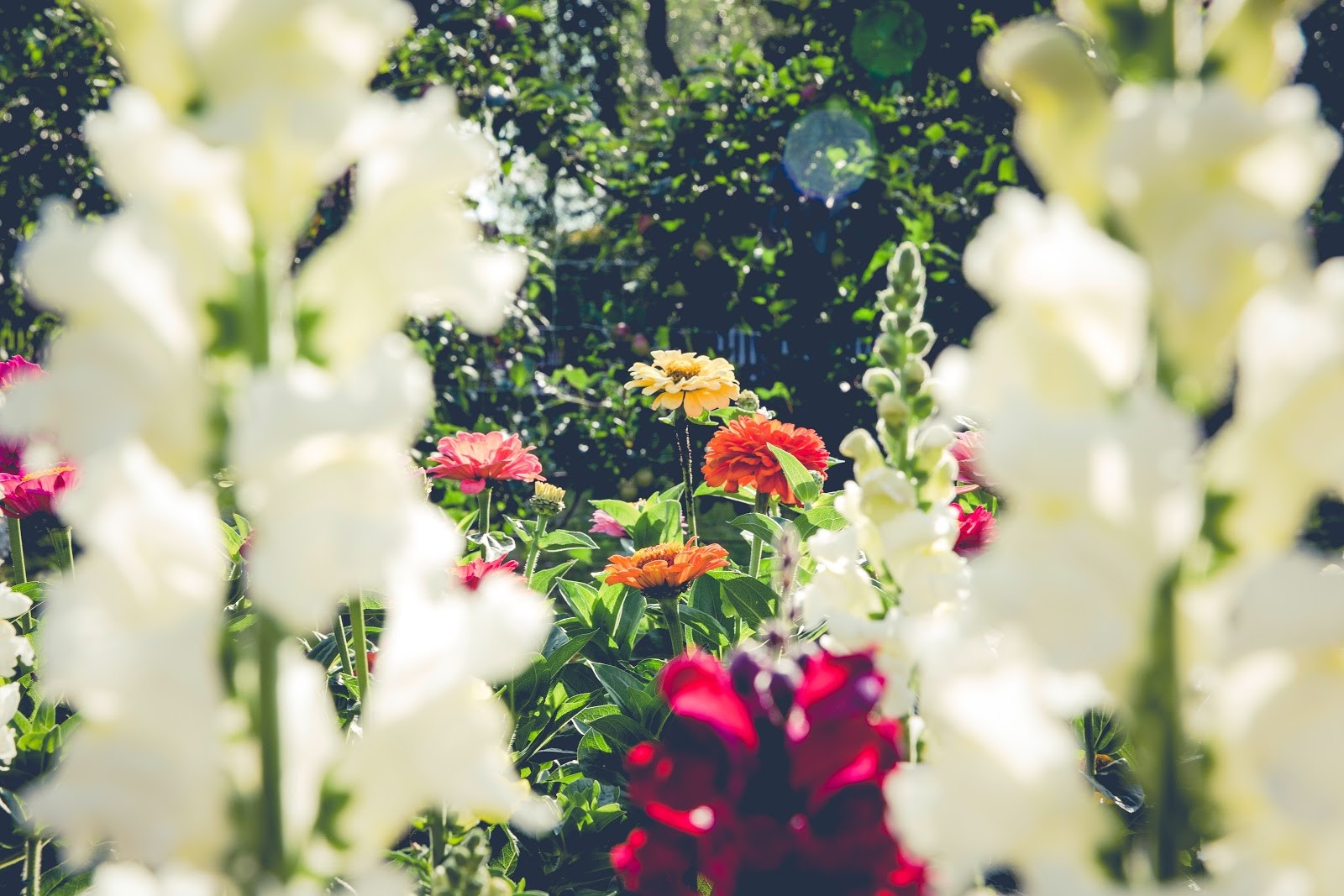
As the weather improves and we find ourselves playing outside more with the children, it’s important to know what’s lurking in your employers’ gardens. In amongst the rose beds and the herbaceous borders there may be leaves and berries that can cause upset tummies and worse if little people get their hands on them. Here are some of the offending plants and shrubs to watch out for.
Rhododendron and Azalea: These English country garden regulars are ever so pretty, but also highly toxic. Ingesting the whole plant, or just a stem or leaf can cause abdominal pains and breathing issues, so keep little hands away. Picking daisies is far safer!
Hydrangea: This innocuous plant actually contains cyanide, one of the deadliest poisons known to man. Hydrangeas are moderately toxic for pets and children if ingested, so keep babies and toddlers away - or anyone prone to munching on things they shouldn’t!
Yew: The bark, leaves and berries of this English tree are all poisonous and have reportedly caused fatalities, historically. Its pretty, juicy-looking red berries fall from the branches in summer and look like marvellous fun for little people to collect, so it’s important that you know if there’s a yew tree either growing or overhanging the garden.
Foxglove: Eating any part of this tall, purple-flowering plant can lead to vomiting and diarrhoea - even a small handful - can lead to increased heart rate, nausea, vomiting and seizures. Contact with the skin can also cause a rash, so it’s essential to know if any planted borders are home to foxglove, and it’s vital to keep children at bay.
Stinging Nettles: Remember the misery of being stung by nettles as a child? Teach your charges to avoid nettles before they learn their lesson the hard way. Nettle leaves are covered in tiny hairs which push into the skin on contact - they’re what cause that awful burning feeling, and that bumpy nettle rash. Don’t forget that dock leaves usually grow close to nettles and can alleviate the sting when rubbed directly onto the rash. Teach your charges this, too.
Rose Thorns: Don’t forget that rose plants and bushes can sport some truly gruesome thorns. Know where these spiky plants are hiding, and keep children away from them. They’re also terrible for catching on clothes, of course!
We strongly advise our nannies to read up on garden hazards and to get to know what’s growing outside. If you’re unsure, quiz a gardener or ask your employers - they’ll be grateful for your conscientiousness. As with all our health and safety blog posts, we encourage you to share this with your friends and acquaintances on social media to spread awareness. Here’s to a happy, healthy summer for all!